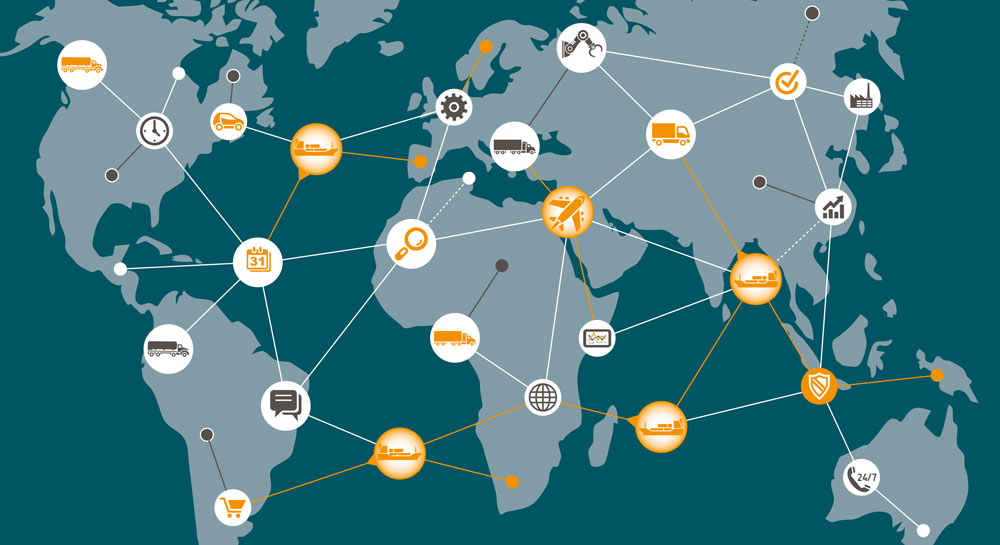
Digital Incentives for Sustainable Delivery Options
Imagine you are in an online store and are about to go to checkout and see a list of delivery options. Would you choose the most climate-friendly shipping method? A new study by Salzburg Research has addressed the question of how digital interventions can influence the decision when selecting sustainable delivery options from an e-commerce platform.
74 percent of the EU Internet users between the ages of 16 and 74 order goods and services online. Same-day and instant deliveries, which have the biggest carbon footprint of all the delivery options, are popular and growing. Without future action, the number of vehicles delivering parcels in major cities could increase by 36 percent by 2030. This, in turn, would lead to a 32 percent increase in delivery emissions and a more than 21 percent increase in traffic congestion. In addition, the ‘last mile’ – the transport of goods in parcels from local depots and delivery centers to their final destinations – is responsible for around 50 percent of the CO₂ emissions of total delivery in Europe.
The Research Group for Digital Innovations at Salzburg Research Forschungsgesellschaft has therefore investigated which incentive methods can promote the use of environmentally friendly delivery and the local collection of ordered goods.
Effective incentive methods for sustainable delivery options
The results of the exploratory study show that a combination of interventions is effective in achieving a change in online shopping behavior.

“The most effective interventions were those that provided an automatic preset for the most environmentally friendly delivery option in the e-commerce portal, as well as information on environmental impacts and social comparisons. These are, for example, a display of CO₂ emissions, green leaves, or a percentage representation of how many consumers have already chosen the most sustainable option.”
Michael Thelen, Salzburg Research
The international study comparison was able to identify the following behavior change techniques that can influence consumers behavior towards green e-commerce:
- Information on social and environmental impacts, such as the display of sustainability labels or green leaves, calculations of CO₂ emissions or delivery options, better working conditions for delivery drivers, less freight traffic, and calculations of particulate matter.
- Social comparisons: “X% of customers have already chosen the CO₂-friendly option.”
- Visibility of the individual decision as role model: e. g. “Sustainability Badge” and the possibility to share your own sustainable choice on social media.
- Material incentives, including offering price discounts for the most sustainable delivery method.
- Default settings in the online shopping cart for the most sustainable delivery option.
- Behavioural costs: by charging a surcharge for the less sustainable option.
Systematic incentive techniques for sustainable delivery are still barely available

“Among the 65 online retailers we studied, we found only two that use proven behavior change techniques to help consumers make sustainable delivery decisions.”
Michael Thelen, Salzburg Research
A pet shop actively offers to forego the fastest possible delivery in order to relieve the burden on parcel deliverers. A drugstore offers an environmentally friendly delivery option marked with a green leaf to avoid transport-related CO₂ emissions.

“This suggests that the use of such incentive methods is still in its infancy. However, it is an emerging topic that has gained traction in recent years.”
Michael Thelen, Salzburg Research
The study shows that digital interventions play an important role in promoting sustainable delivery options in the design of e-commerce platforms. The results of this exploratory meta-study serve as a basis for the development of effective strategies and digital design options that support behavior change in the selection of sustainable delivery options.
Operators of e-commerce platforms are invited to participate
Interested e-commerce platform operators are invited to participate in user workshops or the emerging testing environment for digital interventions and behavior change techniques.
The study was carried out as part of the research project “SuCoLo – Fostering sustainable consumer behaviour with inclusive bicycle logistics infrastructure in urban outskirts” under the direction of Salzburg Research. The findings from the research will be tested in Salzburg, Leipzig, and Merano in the coming months. The scientifically developed and prototype-tested techniques for sustainable purchasing and delivery decisions will be published in a Behaviour Change Guidebook, among other places. The project is funded by the European Union, the FFG, the MIMIT, the BMBF, and Vinnova as part of the Driving Urban Transitions Partnership.
More about the study and the research project:







